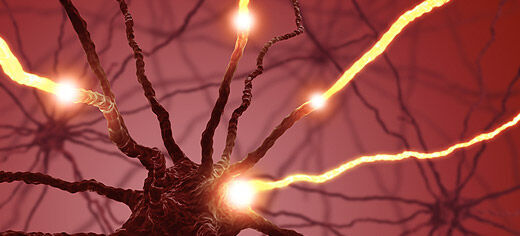
Researchers explain different mechanisms of pain
Researchers at the University of Leeds have found a previously unknown mechanism through which pain is signalled by nerve cells.

Researchers at the University of Leeds have found a previously unknown mechanism through which pain is signalled by nerve cells.
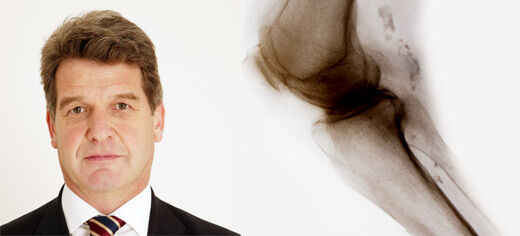
Paul Emery, Arthritis Research UK Professor of Rheumatology and Head of Academic Section of Musculoskeletal Medicine at Leeds has won the prestigious Carol Nachman Prize for rheumatology.
Three Leeds researchers have been recognised for excellence in medical science by being elected to the Fellowship of the Academy of Medical Sciences.
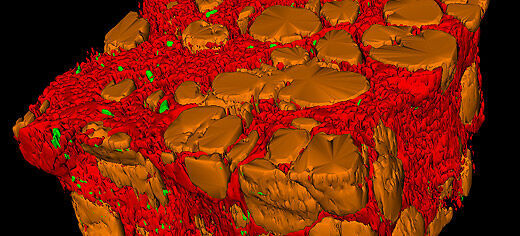
Computing experts and medical researchers at the University of Leeds have developed a fast, easy-to-use way of studying tissue samples in 3D using 'virtual' microscope slides.

The number of children with conditions such as muscular dystrophy, neurodegenerative disorders or severe cerebral palsy who are surviving into adulthood has been underestimated, a new study shows.
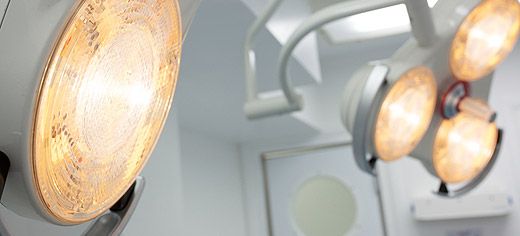
A Leeds professor is one of eight of the UK's most promising leaders in medical health research to be awarded a National Institute for Health Research (NIHR) professorship.
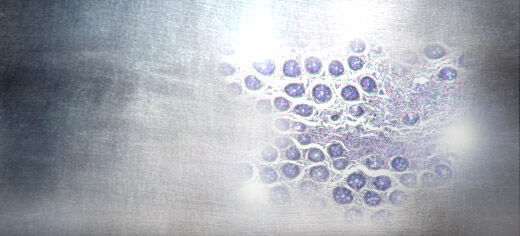
The internet is awash with stories of how silver can be used to treat cancer. Now, lab tests have shown that it is as effective as the leading chemotherapy drug - and may have fewer side-effects.
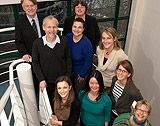
A major new national clinical trial for patients with kidney cancer is being led by a team at Leeds, and the first patients have already started receiving treatment.

A new study shows that countries with high incomes and high carbon emissions do not achieve higher life expectancies than those with moderate incomes and lower carbon emissions.

Researchers at the University of Leeds aim to pin-point genetic defects involved in the development of schizophrenia within families.